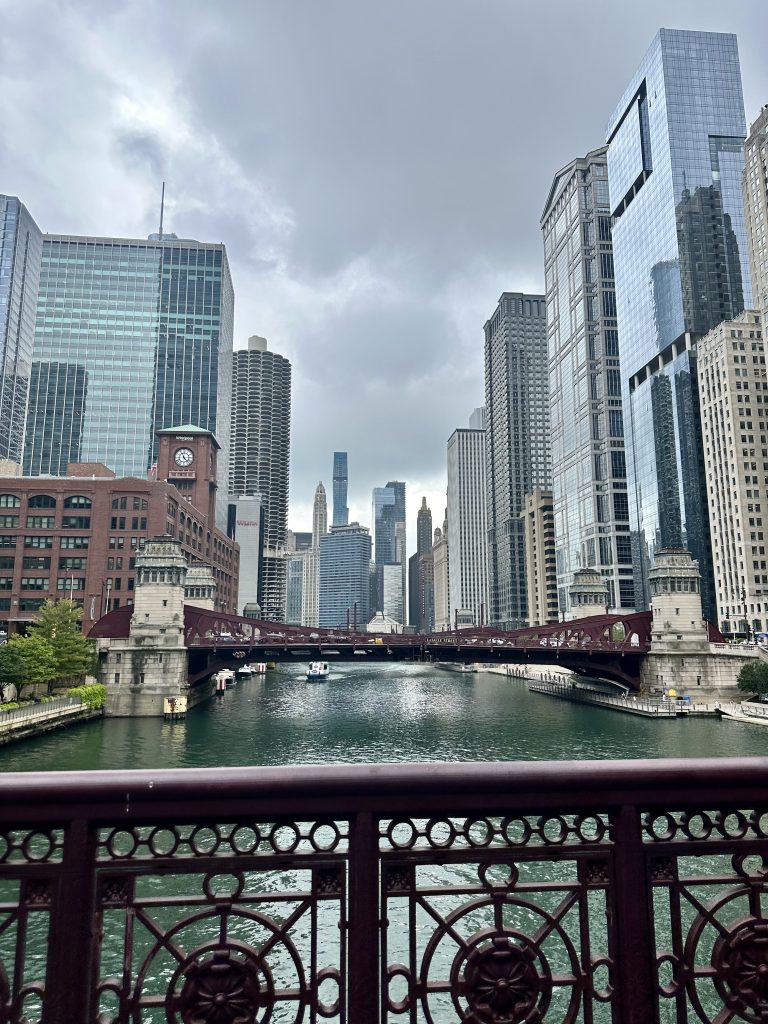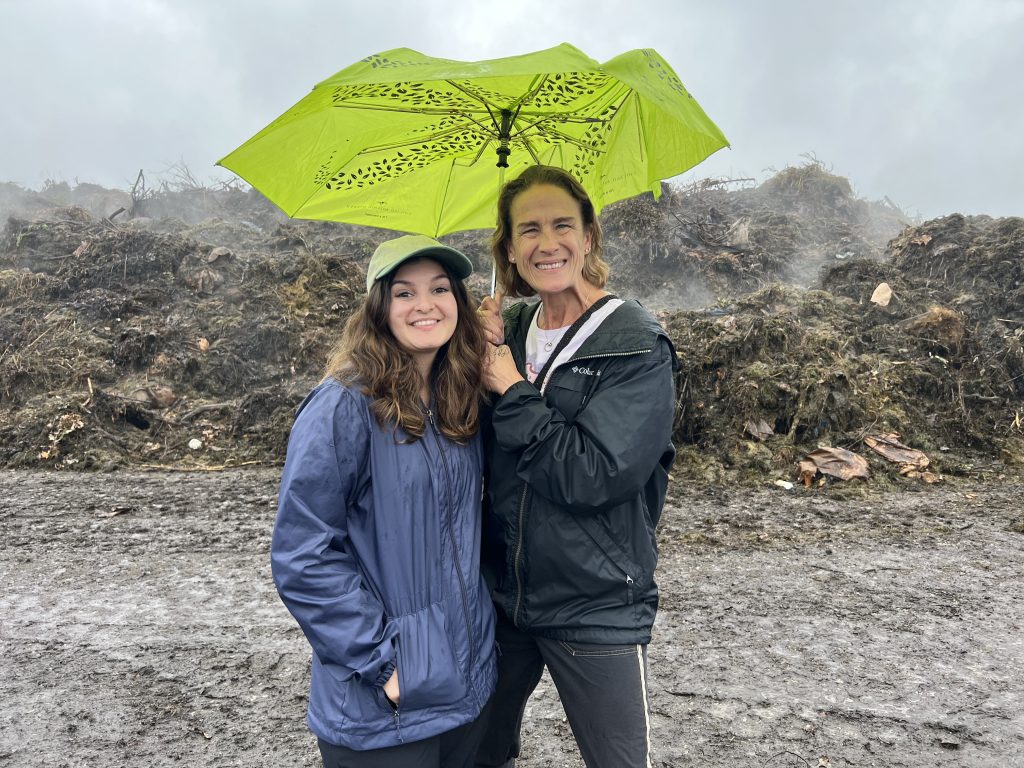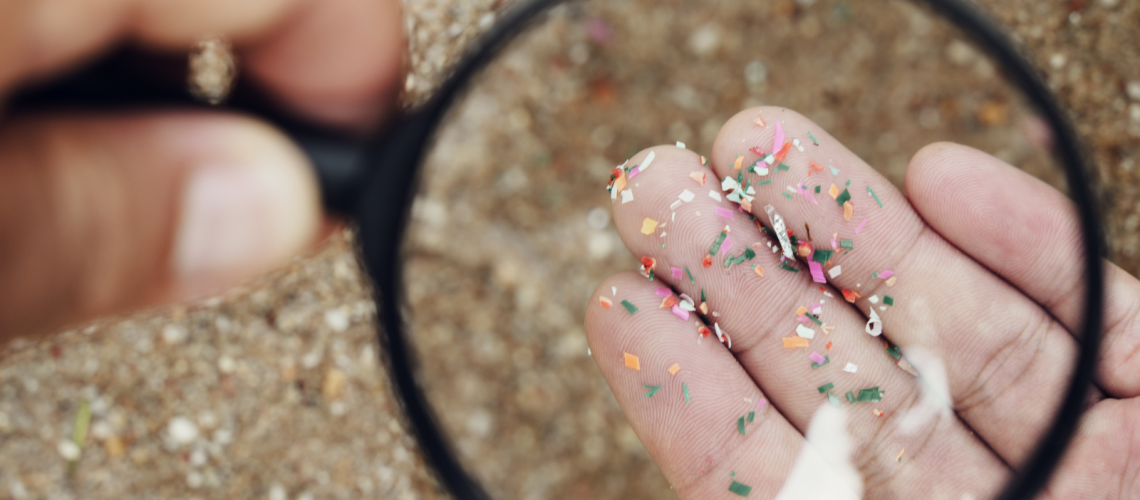by: Sam Bower
While lead pipes and turtle and frog numbers are visible indicators of our impact on our water resources, a sinister threat floats unseen beneath the waves.
Microplastics!
Microplastics and plastic waste, such as polystyrene foam, pose a huge threat to human and environmental health. Almost 22 million pounds of plastic enter the Great Lakes each year, with half entering Lake Michigan. What’s more, microplastics are another pollutant that natural features like wetlands cannot filter from our water. What happens when our bodies intake plastic materials?
According to a recent report, researchers identified microplastics in the brains, livers, and kidneys of mice that ingested them. This doesn’t bode well for mice, and it definitely doesn’t sound pleasant for humans. The Friends of the Chicago River wrote that The Metropolitan Water Reclamation District and the City of Chicago remove an average of 3,095 cubic yards of debris from the Chicago River every year.

In 2023, IEC and partners successfully worked to pass legislation banning polystyrene foam products in state agencies. But despite the significant nature of this victory, our eyes are still on the prize: passing legislation that reduces single-use plastic production at the source (i.e. manufacturers). And we have a talented team at IEC to help make that happen.

IEC zero waste policy manager Liz Kunkle is a zero waste and composting champion! She joined IEC in May 2023 and since then has led not only our offices towards a zero waste future, but is building power with partners to make waste reduction a key pillar of IEC’s policy priorities. On America Recycles Day in November 2023, Liz shared that it’s imperative that IEC lead efforts to look beyond recycling (Chicago has abysmal recycling rates) and toward implementing policy that encourages manufacturers to stop producing single-use plastics. We cannot recycle our way out of the waste crisis we find ourselves in.
We need to “understand the environmental impacts of extracting materials for producing and distributing all that stuff in the first place,” she says.
On Earth Day 2024, IEC energy policy director Samira Hanessian appeared on ABC 7 Chicago to discuss the plastic pollution threatening the Great Lakes. In addition to emphasizing the fact that plastics never fully degrade (and thus gradually turn into microplastics over time), she said, “Manufacturers are responsible for producing these [single-use plastics], but something we can do in our everyday lives is make some simple switches.”

More importantly, she urged us all to be active Chicagoans by talking to our representatives at all levels of government about the importance of reducing plastic waste to protect our environment like the Chicago River and Lake Michigan.
On May 15, Liz, IEC, and our partners will travel to Springfield for Zero Waste Lobby Day to urge legislators to support anti-plastic policy. You can participate from home by sending a note of support to your legislators here.
In Chicago, zero waste legislation has found…unstable…footing. We wrote in March of 2023 that back in 2020, Alderperson Scott Waguespack (32) introduced the Plastics-Free Water Ordinance to combat plastic waste in water. Unfortunately, due to COVID-19, plastics saw a resurgence in use, and this ordinance lost steam. Groups such as the Coalition for Plastic Reduction, IEC, Friends of the Chicago River, League of Women Voters-Chicago, and Environment Illinois are still working to find policy solutions to plastic waste for the city.

